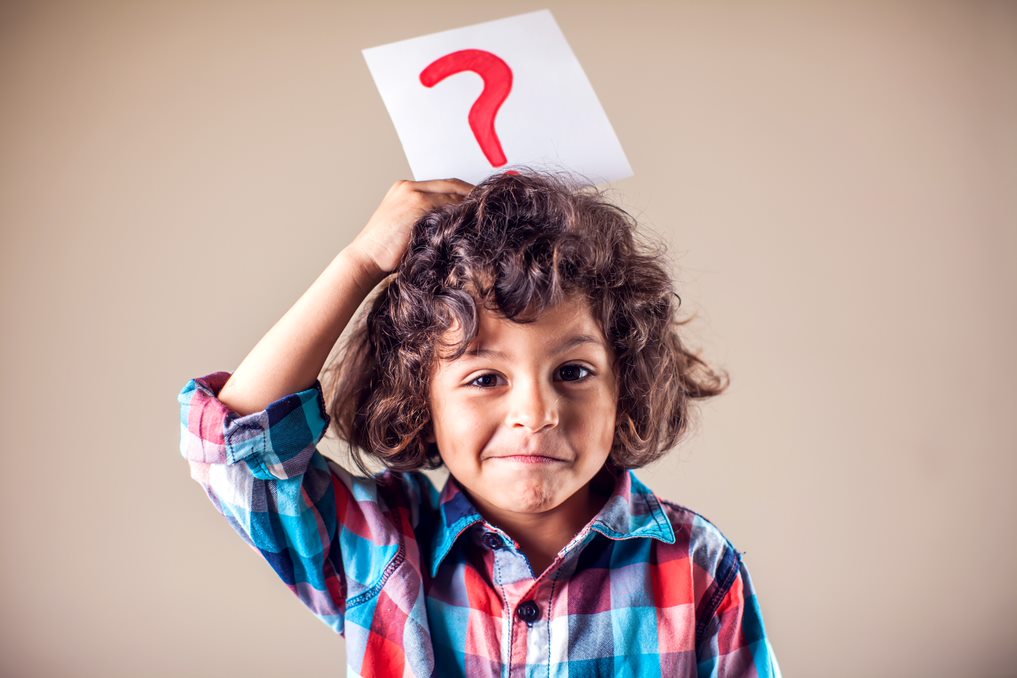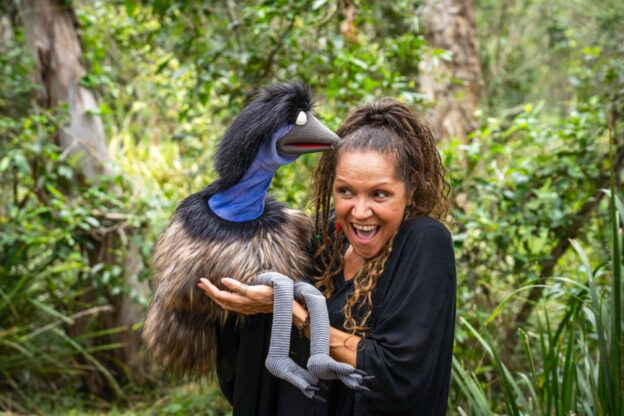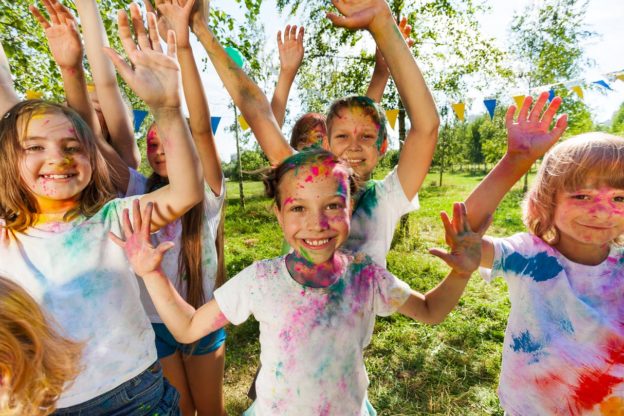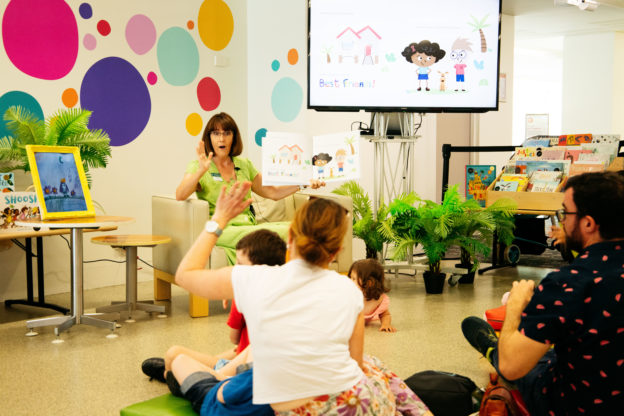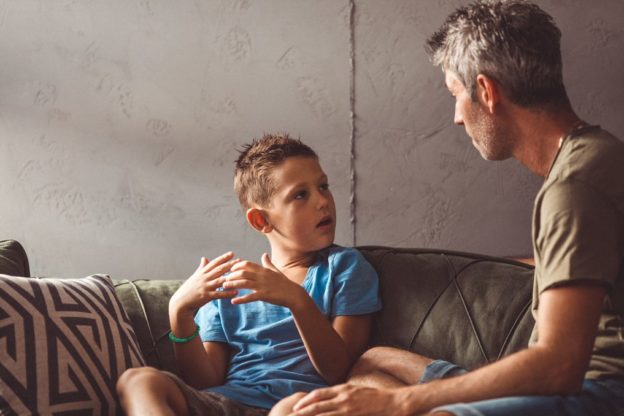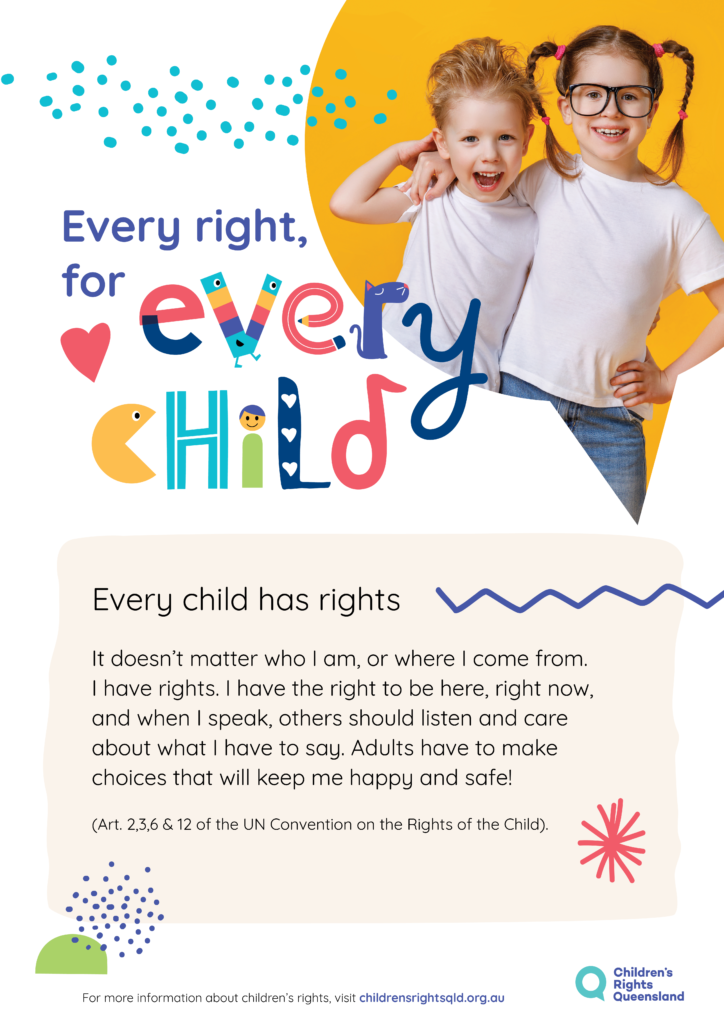Children’s right to mental health support
Getting ready for 2022
As 2021 comes to a close, it’s more important than ever to reflect on the year past, and how we can make the best of 2022 and beyond.
Over the past two years, people across the globe have faced challenge after challenge, resulting in an increase in mental health issues facing all of us.
This does not exclude children.
So, to shine a light on what young Australians have been going through over the past couple of years, and the difficulties they continue to face, Children’s Week 2022 will focus on each child’s right to mental health support.
This vital right is the backbone of each child’s ability to safely reach their full potential as an adult.
So with that said, let’s dive into the details of UNCRC article 27 and how it’s implemented here in Australia.
What is the right to mental health support (Article 27)?
UNCRC Article 27 states:
Children have the right to a standard of living that is good enough to meet their physical and mental needs. The government should help families who cannot afford to provide this.
Growing up can be an incredibly tough time for young people. During this often turbulent period, children go through many shifts in their mental wellbeing, altering their perception of themselves and their place in the world.
As a result, many children experience mental health issues, impeding on how they experience life and the way in which they interact with the people around them. This may include shyness, separation anxiety, peer pressure, bullying, or even behavioural disorders such as ODD, CD or ADHD.
Understandably, this can be a lot to handle for a child, as well as their family – particularly parents or carers.
Article 27 entitles children to access adequate mental health support as they grow up. This includes simple conversations and pastoral care from parents to government backed mental health programs within the health and education systems. At the government level, the initiatives may include assisting with funding for NFP mental health organisations, increased support structures in schools and more specialised staff within health facilities.
Ultimately, if parents are unable to provide the assistance a child needs, it is the job of each state’s government to ensure that every child receives an appropriate level of care that allows them to feel safe and taken care of.
How does mental health support affect the physical and mental wellbeing?
A healthy mind and healthy body share an ever-present link. The two work in tandem, having a profound effect on how we develop and live each day – when one is neglected, the other suffers.
So, with that in mind, it’s critical that adequate mental health support is available to children, as it provides greater opportunities for young people to better understand themselves, and how they can maintain a balanced, healthy life.
And this isn’t just something that kicks in at adolescence.
Children between the ages of 5 – 10 are constantly going through significant changes that have huge effects on their daily lives This includes frequent adjustments to school life and an increase in time spent away from their parents.
By promoting good mental health in children, young people can learn to handle these life events with maturity and understanding, eventually helping them to build strong, lasting relationships, communicate clearly and effectively, and adapt to change as they grow into adults.
And while it can be difficult to get things just right for the children in our lives, creating a space where children can grow up in a supportive environment may help them to better express their thoughts and feelings, and to manage their behaviour – a wonderful outcome for children and parents alike.
Australia’s mental health landscape
Thankfully, most young people in Australia are happy and feel positive about their future.
Unfortunately, 1 in 4 young Australians (aged 4 – 24) currently have a mental health condition, with around half of all lifetime cases of mental illness beginning by the age of 14. These conditions can range from regular bouts of heightened stress and anxiety, through to ongoing depression and psychological disorders that can result in suicide, which at this time, is the leading cause of death among Australians aged 15–24.
And while this is a terrible statistic, it should be noted that the proportion of deaths by suicide is relatively high among children and young people due to the fact these age groups are less likely to die from other causes.
Sadly, this statistic becomes amplified when you consider the disproportionately higher rate of mental health conditions and suicides within Aboriginal and Torres Strait Islander communities when compared with non-Indigenous Australians – highlighting yet another gap in care and effective support for those that come from indigenous communities.
So what are we doing to help change this?
There are currently a number of federal and state government initiatives to tackle the blind spots plaguing our mental health support network.
The most visible of these, Australia’s first National Children’s Mental Health and Wellbeing Strategy, zones in on a whole community approach to provide the necessary critical frameworks and foundations for lifelong mental health and wellbeing to be built during childhood.
As is stated in Article 27 of the UNCRC, having such a significant and nationwide support system in place is not only an essential component to improving the mental health of Australia’s children, it’s a basic human right. And following the direction of this important children’s right, the strategy outlines the requirements for an effective system of care for children, creating a new, shared understanding of the roles of families, communities, services, and educators in promoting and supporting child mental health and wellbeing.
How can we best support children’s mental health?
While it can often feel overwhelming as a parent, carer or concerned adult, there are many steps you can take to support a child’s mental health.
It could be as simple as showing an active interest in the child and their interests, while at the same time, encouraging them to share with you what’s happening in their life and monitoring any major shifts in their behaviour.
And of course, if your concerns remain and you feel like the support needed is beyond you at this time, always seek help from a doctor or other mental health professional if needed.
Direct ways you can help
Create an inclusive environment
It’s important that in times of crisis, we feel supported and connected to others. For children, feeling welcomed is an essential component of their ongoing adjustment to changes in their lives. It shapes their idea of self and the level of trust they have for others and themselves. With people around them who believe in them and remain positive, children will have increased confidence, deeper self-worth and greater mental wellness.
Build resilience
Difficulties and challenges are a part of life. Building resilience is vital to overcoming obstacles and developing good mental health. Through growing relationships, learning new skills, actively helping others and facing challenging situations, children can learn to push through and bounce back with newfound resilience.
Instil confidence in their skills and abilities
Having faith in themselves to accomplish goals is a core aspect of a child’s development. It’s important that children know that they have the skills and understanding to overcome obstacles and reach their goals through their own actions. This could apply to academic progress, extracurricular talents, or having the ability to comfortably socialise and maintain friendships.
Promote positive behaviours and decision making
It’s important that we teach children social skills, problem solving techniques, and conflict resolution as they grow up. Always clearly outline expectations and provide consistent support and feedback to make sure they are met. In doing so, children will realise when they are successfully making the right choices, and that this behaviour is both good for them and valued by those around them.
Learn about helping others
Finding our place in the world can be a hard task. By letting children know that they can make a difference, we can go a long way to promoting greater social understanding and better mental health. Social behaviours build self-esteem, reinforce personal responsibility and provide endless opportunities to connect with others and establish positive recognition. It introduces children to the idea of community and the importance of a well grounded support network as they get older.
Promote good physical health
As we mentioned earlier, good physical health supports good mental health. There are many ways we can promote these ideals and actions. From healthy eating habits and regular exercise, through to a solid sleep routine, teaching these concepts will go a long way to shielding children against higher stress, anxiety, anger and depression.
What other kinds of external support are out there?
Help doesn’t have to fall completely on your own shoulders as a parent or concerned adult.
There are many external support services for children going through mental health issues.
Support from teachers and educators: Make time to chat to your child’s teacher or education support staff member. They spend a lot of time with your child and have a deep understanding of their mental health while at school for almost seven hours each day.
Support from sports team officials: If your child plays sports for a local team or organisation, try and have a conversation with their coach or mentor to find out how their mental wellbeing and behaviour changes while doing physical activity.
Support from extended family: As they say, it takes a village to raise a child. Getting help from a family member takes pressure off parents and creates a much healthier environment for children to be around. Children get to catch up with cousins, aunties, uncles and grandparents, allowing them to feel connected and like they belong.
Support from trained medical professionals: If your closest resources have tried their best, and you think you need to seek medical advice, you can always turn to health and mental health professionals.
These include:
- Your local doctor
- A counsellor
- Clinical psychologist
- Clinical Psychiatrist
- Telehealth/telephone helplines
Alternative therapies (music/art/animals): A new wave of alternative and complementary therapies have had resounding success in helping children overcome their mental health conditions. They range in approach and technique, but with such a wide variety, there’s something out there for every child.
These include:
- Mindfulness sessions
- Guided hypnosis
- Emotional support animals
- Movement therapy
- Art and imagery classes
- Music/sound therapy
Let’s make Children’s Week 2022 the best one yet!
At Children’s Rights Queensland, we’re delighted to jump on board early and get behind Children’s Week 2022.
With 1 in 4 Australian children currently dealing with a mental health condition, it’s vital that we’re able to strengthen our national and state policies on mental health support for children, all while raising awareness so that parents and carers know how to access the right support and from where.
Mental health is a complex and constantly changing aspect of a child’s overall development. Without the right level of nurturing and help, children can easily lose the opportunity to establish long lasting and positive relationships, resulting in lower trust of themselves and others, as well as other self-esteem, identity and confidence based issues.
Want to learn more about how you can support better mental health rights for Children in Australia?
Visit www.mentalhealthcommission.gov.au
REFERENCES
http://www.mentalhealthcommission.gov.au

